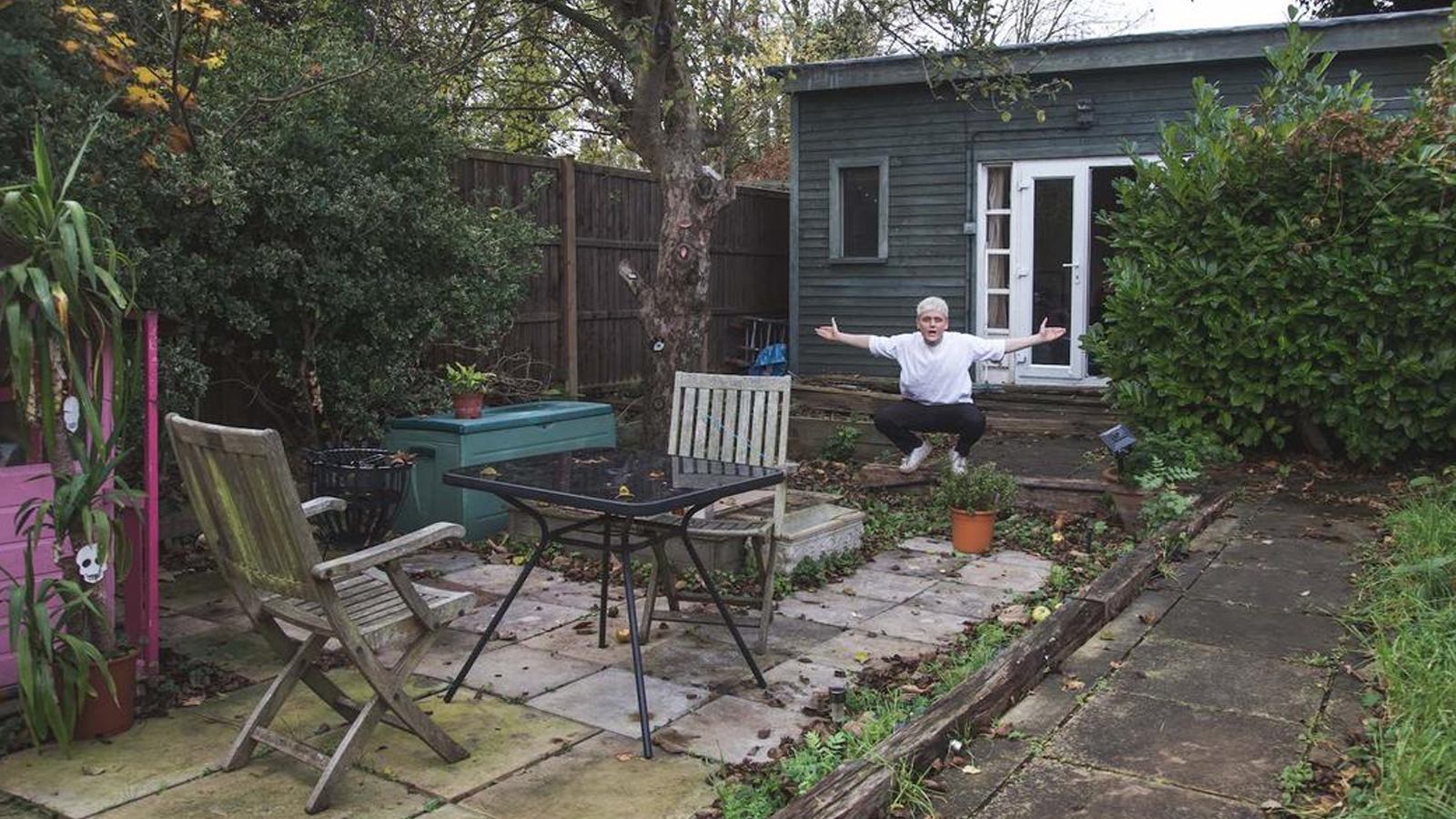Just an illusion

Trying to locate Trip Advisor's number one rated restaurant in London in November proved a conundrum for would be customers, the restaurant simply didn't exist. The whole rouse was the brainchild of Oobah Butler, who got the idea partly from a previous job, where he was paid £10 a go for writing fake reviews on the site.
The 'restaurant' was in fact his shed and to avoid being rumbled he simply told callers that he was fully booked for the following 6 months!
On reaching the number one slot he finally let customers in, setting up tables in his garden and serving food from Iceland, a choice of vegetable lasagne or mac and cheese. Yum! Some customers left looking furious, and after a month at the top he was knocked off his perch. The proof of the pudding is in the eating perhaps still holds true? Needless to say, Trip Advisor has deleted the listing.
What this story shows is how readily we trust and act on advice from strangers and how willing we are to do business with faceless perhaps even fake services. When there's a problem however it becomes a moment of truth.
The subject of trust was a central theme in yesterday's end of year consultation for 2018 with some of CCA's Industry Council Futures Forum. We were reminded of the quote, "Trust arrives on foot but leaves on horseback".
The group agreed that the success of digital resulted in the reality of fewer moments to connect authentically with customers. This means that each conversation takes on greater importance, not only in sorting the problem, but also building brand through retained business and follow on advocacy.
The issue of societal responsibility for service when dealing with an ageing population and an increasing incidence of vulnerability is a topic worthy of consideration. The group were inspired by the Convention keynote from Greg Reed from HomeServe. Greg described how his teams were all freed up to do whatever it took to sort customer issues, including occasional investments to help those in need. The positive effect on employees was evident in terms of real pride in their purpose and brand and a ‘can do’ attitude.
This raised the issue about the extent to which organisations should actively segment their customers and invest time where needed, resisting the lemming approach to automatic rationing of service.
The group concluded that there's a surplus of sophisticated new technologies coming onto the market which could take the heavy lift out of routine calls, and free up time for more valuable human conversation. However, some of these may actually be 'solutions looking for problems' and busy professionals don't always have time to experiment and risk. Here the collaboration of the network is vital to avoid wasting time and also missing opportunities. The issue of trust was raised here again, investing in the wrong application which doesn't do what it says on the tin is a big issue.
What is clear for all brands in public and private sector, is that the role of designing and managing customer service and experience operations is more complex than ever. Meeting those needs is likened to a five-lane motorway with traffic moving at different speeds. Some customers are still pining for face to face branch services, whilst others in the fast lane are not content with anything less than the speediest social, mobile, visual service mirroring experiences in their personal lives.
Meeting these needs and the middle ground is a tough challenge for those leaders in the CCA Network, requiring a sound knowledge of what works operationally augmented with the ability to make strategic decisions for people and technology investments.
I'm really looking forward to the 2018 programme where we can exchange the latest trends and benchmarks, to help steer organisations individually, and the sector as a whole, in our fast-paced, uncertain but always on world.
All in a day’s work as they say!